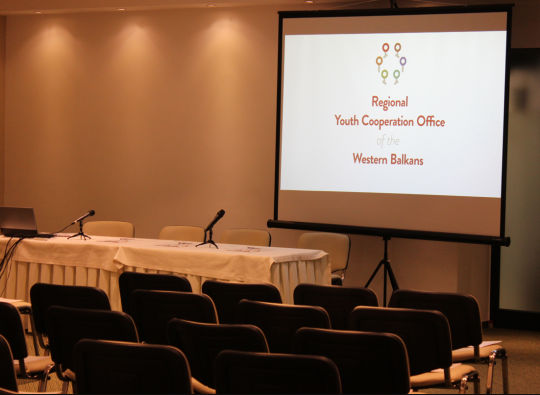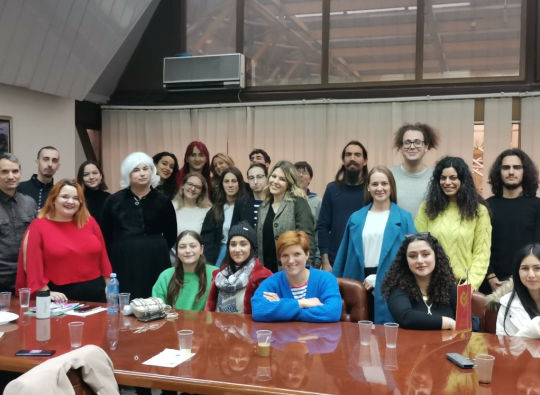On the occasion of participating at the inauguration of the President of Croatia, Serbian Prime Minister Aleksandar Vučić said to the media that today there are more persons of Serbian than of Croatian nationality among those who disappeared during the war of the 1990s in the territory of Croatia. The response came on the very next day from Croatian Ministry of Veterans, denying such allegation of Prime Minister Vučić and claiming the opposite.
Youth Initiatives for Human Rights from these two states wish to warn of two problems arising from this public debate.
Primarily, both sides actually deceive the public, because accurate and reliable statistical data about the missing persons disaggregated by their ethnic origin do not exist. Namely, YIHR Croatia has been running regular records and analysing the work of institutions responsible for the process of revealing the fate of the disappeared. Data on this process are collected from the media, in communication with associations of families of missing persons, and mainly from the institutions themselves. In that respect, we claim that the Department for Imprisoned and Missing Persons of the Ministry of Croatian Veterans does not keep statistical records with regard to ethnic identity of missing persons, but according to specifically designed programmes. The records are kept through two programmes: (a) the ’91-’92 Programme and (b) the ’95 Programme. Generally, there are more missing persons of Croatian ethnicity in the first programme and of Serbian ethnicity in the second. However, to claim publicly and discus specific figures with regard to statistical variable not established in the programmes is unconvincing and irresponsible.
Should any of two sides have knowledge that missing persons’ ethnic identity is a basis for discrimination in this process, we invite them to say it publicly and show evidence supporting such claims. Otherwise, such claims should be avoided.
Another and more important issue is the very fact that such discussion is taking place at all. Namely, the issue of ethnic identity of a missing person should in no way be of any importance for these institutions, because they are obliged to approach the revealing of the fate of missing persons without discrimination, responsibly and professionally, regardless of characteristics such as ethnic identity.
We call on the governments of both states, when they engage in such shallow, irresponsible and dangerous polemics, to think about the feelings of missing persons’ families, who have been waiting for so long to find out what had happened to their loved ones.
Finally, we call on the governments of both states to invest more energy, capacities and attention in the very process of locating and identifying the remaining persons who disappeared in the context of the war of the 1990s. This is the most important humanitarian issue left over from the war and should certainly be a priority of each state individually, as well as in their bilateral relations.
For YIHR Croatia: Mario Mažić, Programme Director
For YIHR Serbia: Anita Mitić, Director









